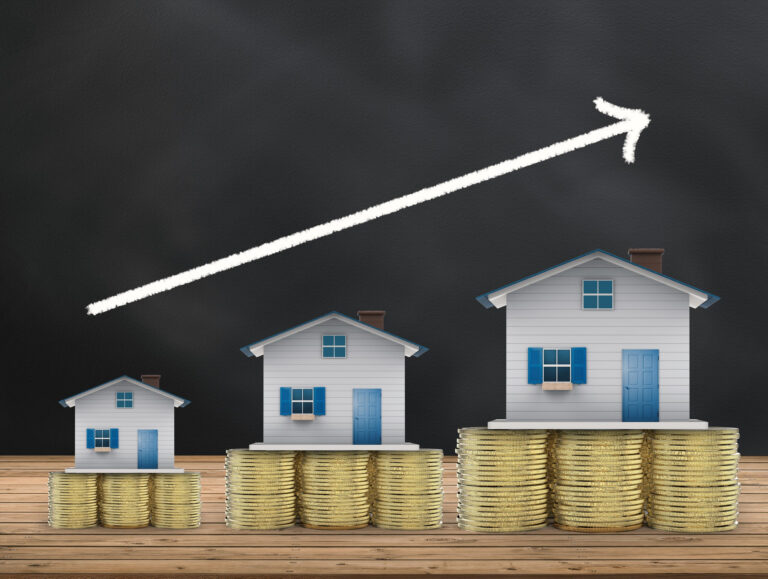Birmingham is one of the UK’s fastest-growing property investment hubs, offering lucrative opportunities for businesses and investors alike.
With ongoing regeneration projects, a thriving economy, and a growing population, the city presents a promising landscape for high returns.
However, finding the right properties with strong ROI in a competitive market requires strategic planning, data-driven decisions, and industry insights.
In this guide, we’ll break down how to identify high-ROI properties in Birmingham and make smart investment choices.
- Research Emerging Hotspots
Property prices in Birmingham are rising, but some areas still offer high growth potential. Identifying emerging neighborhoods before they become mainstream can help your secure properties at lower prices with greater future value.
- Look for areas undergoing major regeneration projects, such as Digbeth and Perry Barr.
- Monitor transport developments, like HS2, which is boosting demand in certain areas.
- Analyze rental yield data—opt for locations where demand outstrips supply.
- Analyze Market Trends and Data
Successful property investors use data to guide their decisions. Keeping an eye on key metrics ensures you don’t buy in a declining market.
- Check historical price trends and projected growth in different Birmingham neighborhoods.
- Monitor rental demand—areas with low vacancy rates indicate strong tenant interest.
- Use online property portals, local council reports, and industry insights to stay informed.
- Prioritize Tenant Demand
Understanding tenant demographics helps you target the right properties. In Birmingham, key tenant groups include:
- Young professionals seeking city-center apartments.
- Students looking for HMOs (Houses in Multiple Occupation) near universities.
- Families searching for suburban homes with good schools.
Aligning your property investment with tenant needs ensures steady rental income and reduces void periods.
- Consider Off-Market and Distressed Properties
In a competitive market, some of the best deals are not publicly listed. Exploring off-market and distressed properties can give you an edge.
- Network with local estate agents, property developers, and investment groups for exclusive deals.
- Look for motivated sellers or distressed properties that can be renovated for higher value.
- Explore auctions and repossessions for below-market-value investments.
- Factor in Legal and Regulatory Requirements
Navigating Birmingham’s property laws is essential for compliance and profitability. Understanding regulations ensures you don’t face unexpected fines or legal issues.
- Ensure HMO properties meet licensing requirements.
- Check planning permissions and building regulations before purchasing renovation properties.
- Consult with property accountants for tax-efficient investment strategies.
- Work with Property Investment Experts
Having the right support makes a significant difference. Partnering with professionals can help you identify lucrative opportunities and avoid costly mistakes.
- Real estate agents provide market insights and exclusive deals.
- Property managers handle tenant screening, rent collection, and maintenance.
- Financial advisors help structure investments for maximum ROI.
Final Thoughts: Invest in Smart, Maximize Returns
Birmingham’s property market offers immense potential, but success comes down to strategy. By researching emerging areas, analyzing market data, targeting the right tenants, and leveraging expert support, you can secure high-ROI properties that drive long-term profits.
Looking for expert guidance? Let’s help you find the perfect investment property in Birmingham. Contact us today!








